"International forces in Kosovo guarantee safety for Serbs"
Goran Bogdanović says it is "good that KFOR and EULEX will stay in the province even after the decision to end 'supervised independence' of Kosovo".
Tuesday, 03.07.2012.
12:36

Goran Bogdanovic says it is "good that KFOR and EULEX will stay in the province even after the decision to end 'supervised independence' of Kosovo". This is the case, the minister for Kosovo and Metohija in the outgoing government told Belgrade-based daily Politika, because it means "greater safety for local Serbs". "International forces in Kosovo guarantee safety for Serbs" "Regardless of the animosity the Serbs may feel towards KFOR and EULEX, especially in recent times, they have done a lot to preserve the Serb community and the fragile truce in Kosovo as much as possible," Bogdanovic was quoted as saying. The International Steering Group (ISG) for Kosovo, made up of the countries recognizing Kosovo's independence, decided in Vienna on Monday to end supervised independence and announced "full sovereignty of Kosovo" for fall. Bogdanovic stressed that neither Serbia nor the UN Security Council accepted the Ahtisaari Plan - which ethnic Albanians used as a basis for their unilateral declaration of independence made more than four years ago - and that Belgrade had no cooperation with the International Civilian Office (ICO), set up to implement the plan. Therefore, he noted, "it all literally meant nothing to Serbia" - but bearing in mind the reality on the ground, international presence in Kosovo was welcome, especially in view of the fact that "basic human rights are still being violated in Kosovo and that Kosovo is still a hotbed of human trafficking and illegal trade in narcotics and weapons." "Not to mention that very few displaced persons have returned to Kosovo and that Kosovo institutions have not done anything in that respect, that we have such a situation in the north and that implementation of agreements reached in Brussels is yet to begin," the minister for said. Bogdanovic added that "obviously the countries which recognized the independence of Kosovo want to withdraw as soon as possible since they realized that the so-called state cannot continue to exist in such form." "Four of five years is a long period and they realized they could not do anything in Kosovo, despite huge amount of money they spent there," he stated. Asked if the decision might be a signal for the countries which still hesitate whether to recognize Kosovo, he said: "This also is their goal. The message to the countries which have not recognized Kosovo is that Kosovo has matured and can be an independent state, so that they should accept and recognize its independence as soon as possible. This is a very important signal," Bogdanovic concluded. Goran Bogdanovic (Tanjug, file) Politika Tanjug
"International forces in Kosovo guarantee safety for Serbs"
"Regardless of the animosity the Serbs may feel towards KFOR and EULEX, especially in recent times, they have done a lot to preserve the Serb community and the fragile truce in Kosovo as much as possible," Bogdanović was quoted as saying.The International Steering Group (ISG) for Kosovo, made up of the countries recognizing Kosovo's independence, decided in Vienna on Monday to end supervised independence and announced "full sovereignty of Kosovo" for fall.
Bogdanović stressed that neither Serbia nor the UN Security Council accepted the Ahtisaari Plan - which ethnic Albanians used as a basis for their unilateral declaration of independence made more than four years ago - and that Belgrade had no cooperation with the International Civilian Office (ICO), set up to implement the plan.
Therefore, he noted, "it all literally meant nothing to Serbia" - but bearing in mind the reality on the ground, international presence in Kosovo was welcome, especially in view of the fact that "basic human rights are still being violated in Kosovo and that Kosovo is still a hotbed of human trafficking and illegal trade in narcotics and weapons."
"Not to mention that very few displaced persons have returned to Kosovo and that Kosovo institutions have not done anything in that respect, that we have such a situation in the north and that implementation of agreements reached in Brussels is yet to begin," the minister for said.
Bogdanović added that "obviously the countries which recognized the independence of Kosovo want to withdraw as soon as possible since they realized that the so-called state cannot continue to exist in such form."
"Four of five years is a long period and they realized they could not do anything in Kosovo, despite huge amount of money they spent there," he stated.
Asked if the decision might be a signal for the countries which still hesitate whether to recognize Kosovo, he said: "This also is their goal. The message to the countries which have not recognized Kosovo is that Kosovo has matured and can be an independent state, so that they should accept and recognize its independence as soon as possible. This is a very important signal," Bogdanović concluded.










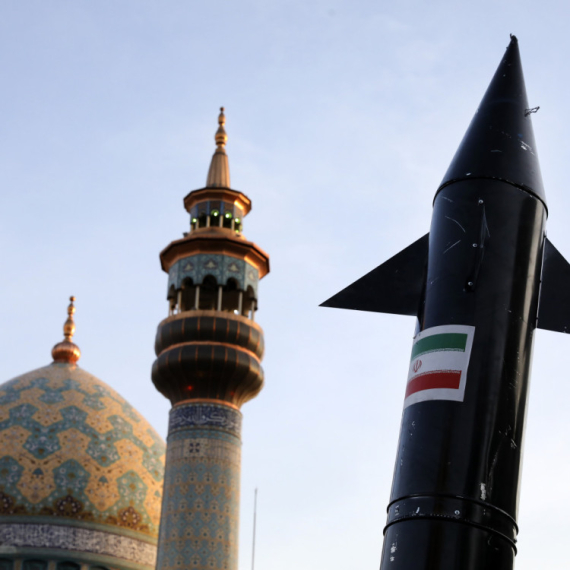




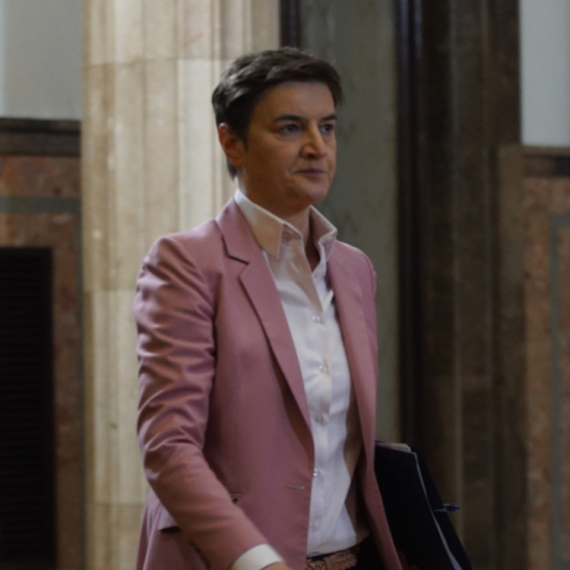
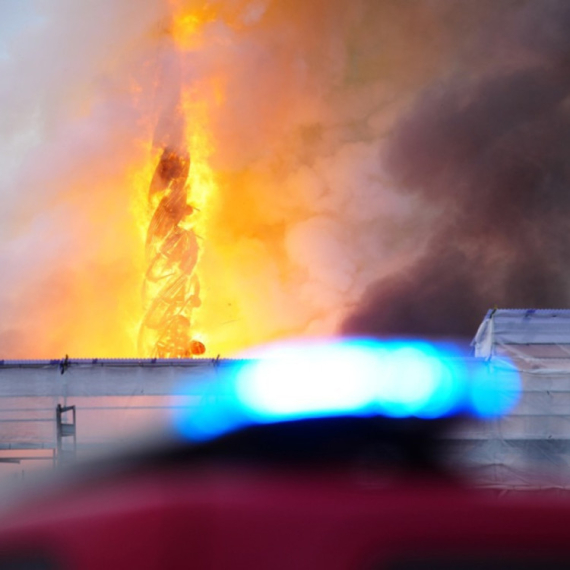
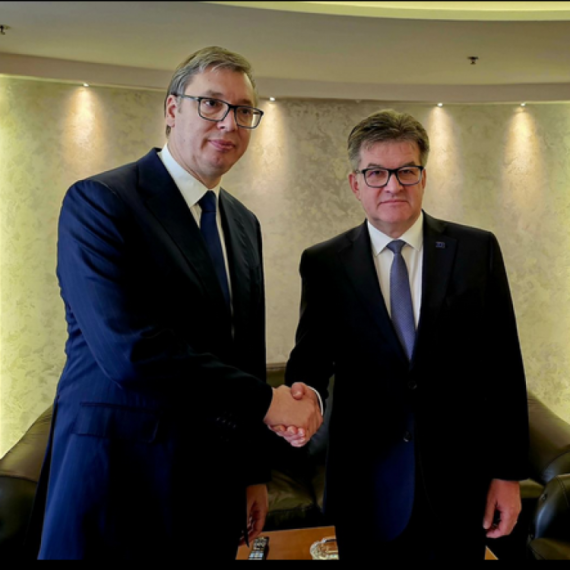



















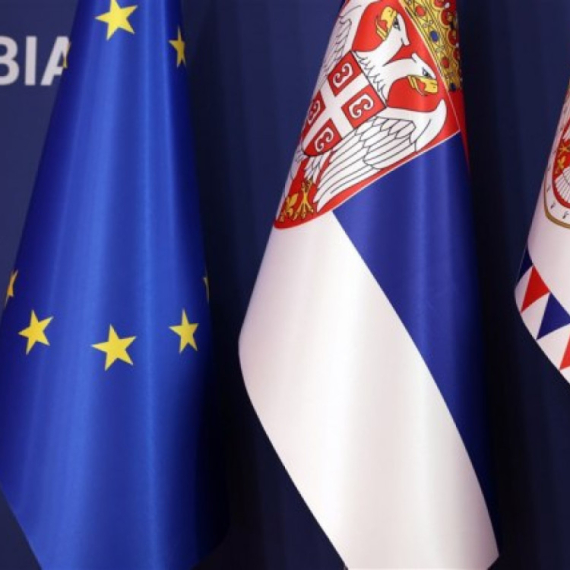
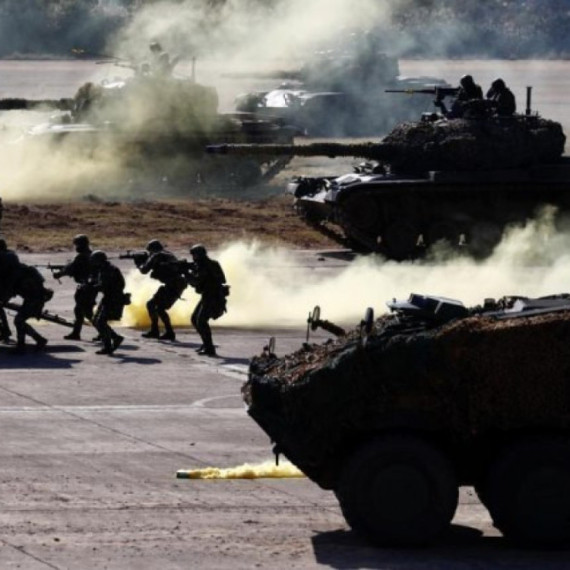
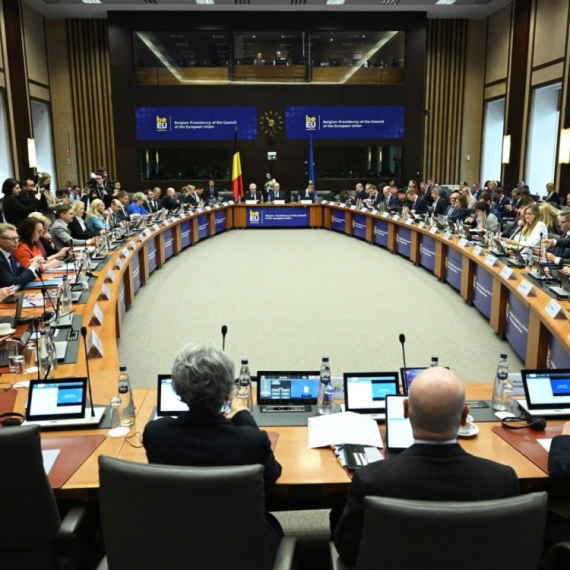
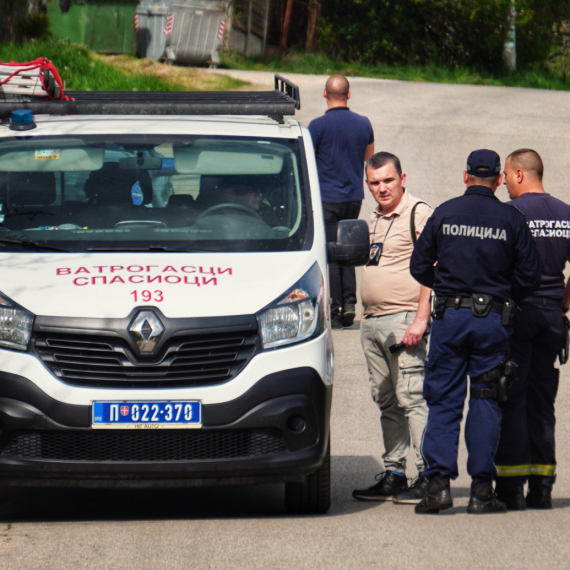
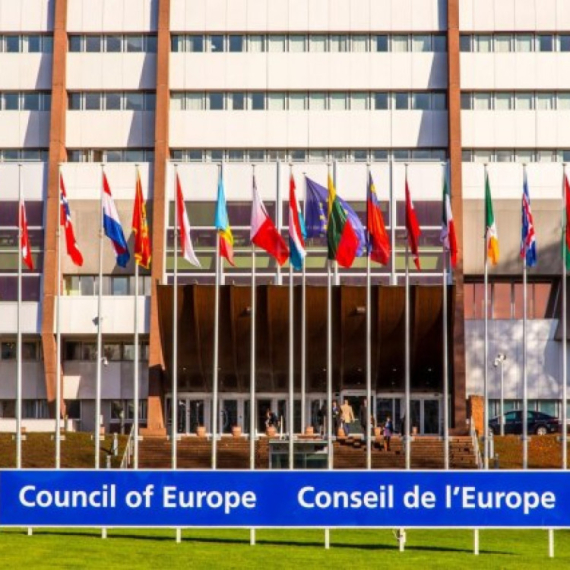







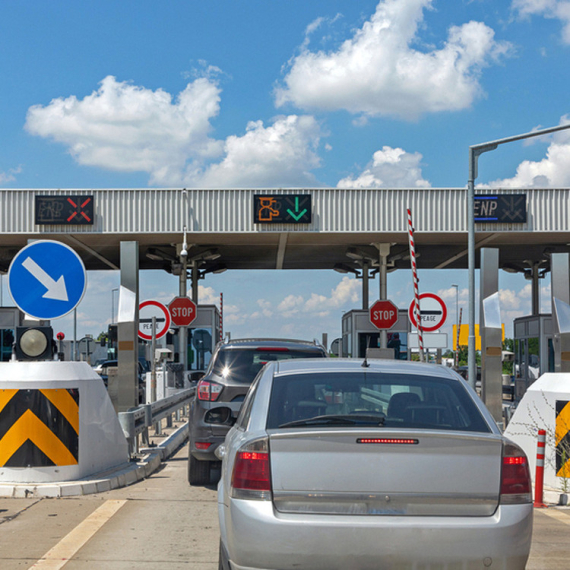





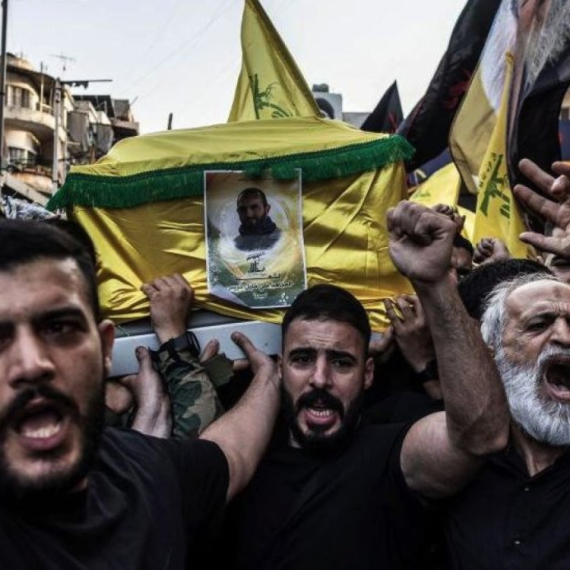


Komentari 11
Pogledaj komentare